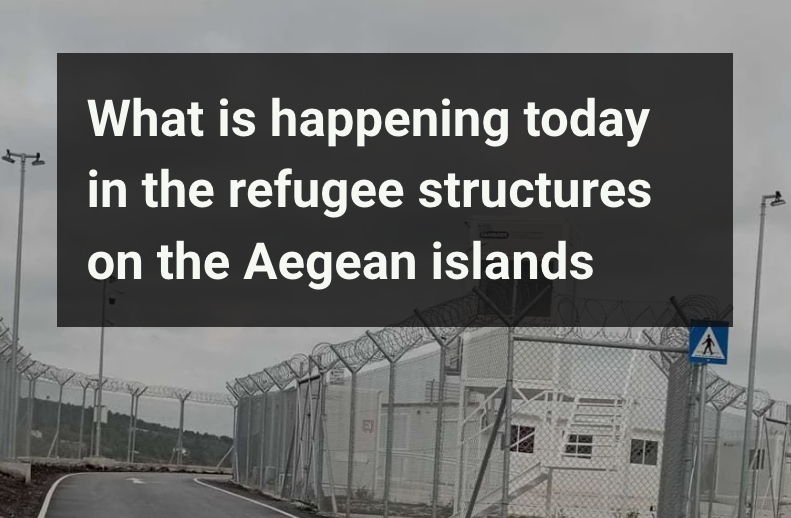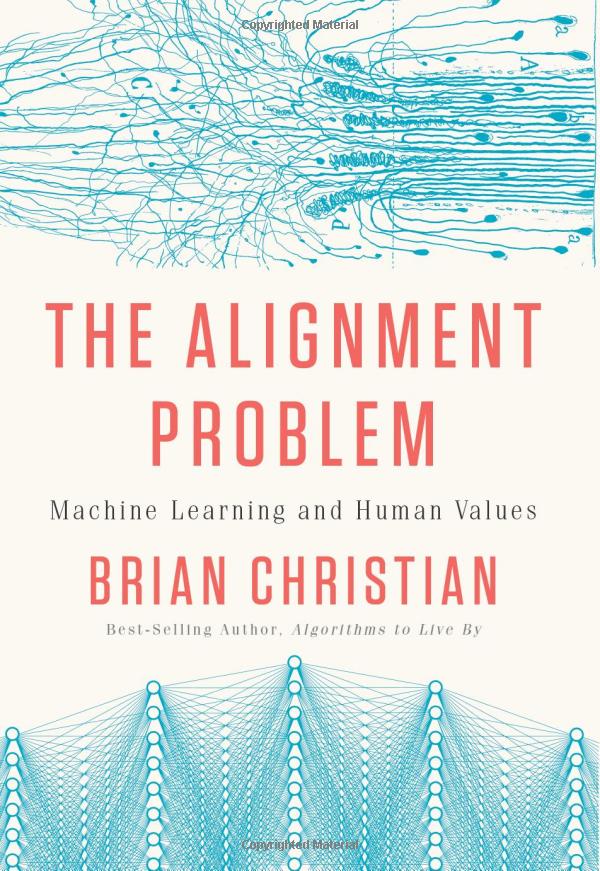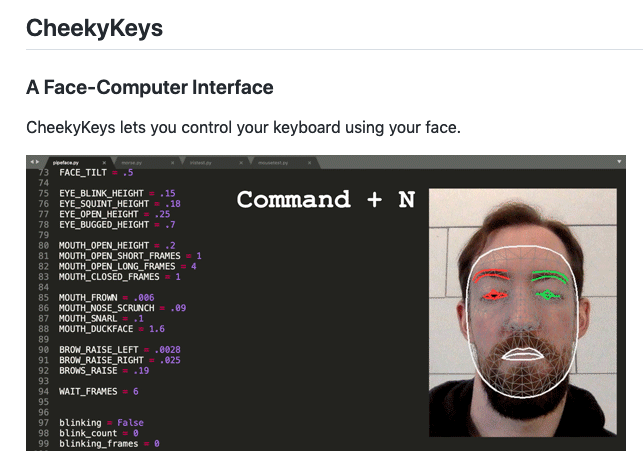Poetry: I kid you not! Hands off of my indentations!
Prose: Look! I’m not doing it, I’m not doing it! It was just to make it easier to read my sections!
Poetry: Section smecktions, you don’t touch. Indentations are for pauses and connection, not to please your dimwitted readers, who can’t even breathe and you can just keep sentences going, on and on and on and on and on…
Prose: I get you, I get you! But it was only for a couple of hundred years. Look, we’ve all done away with them now in digital prose!
Poetry: Only on the net. And only because your programmers are so dimwitted they know nothing and will conform to anything your “industry” tells them!
Prose: yes, yes, I know its still in printed books, or many of them. At least the old publishers understand the concept of ease of reading…
Poetry: So, your really mean this? Its not because of gluey fingers…?
Prose: No, really. I really believe ease of reading is a major contributor to my great success!
Poetry: Aha! There you go! Your audience is so dim-witted it cannot even understand, where a line ends, even if it has a full stop! Just give it back, you… you… moron you!
Prose: Don’t worry, it will soon be back to you, and then no one will read you self indulgent riddles of who speaks and point of view and all that shit. No, straight forward storytelling… that’s the thing!
Poetry: Poor prose. I know you believe you are right. But once you were advocating your endless and now accidentally breaking lines as a way to educate people, do you remember? No more. Now it’s just the accidental shedding of a few tropes and an hitherto un-contested cliché involving sexual preferences of some sordid kind and you are immediately elevated to stardom.
Prose: And then what? At least I have readers!
Poetry: Yes, you have many. But of which quality?
Prose: Quality readers? Are you quietly insane?
etc etc etc




